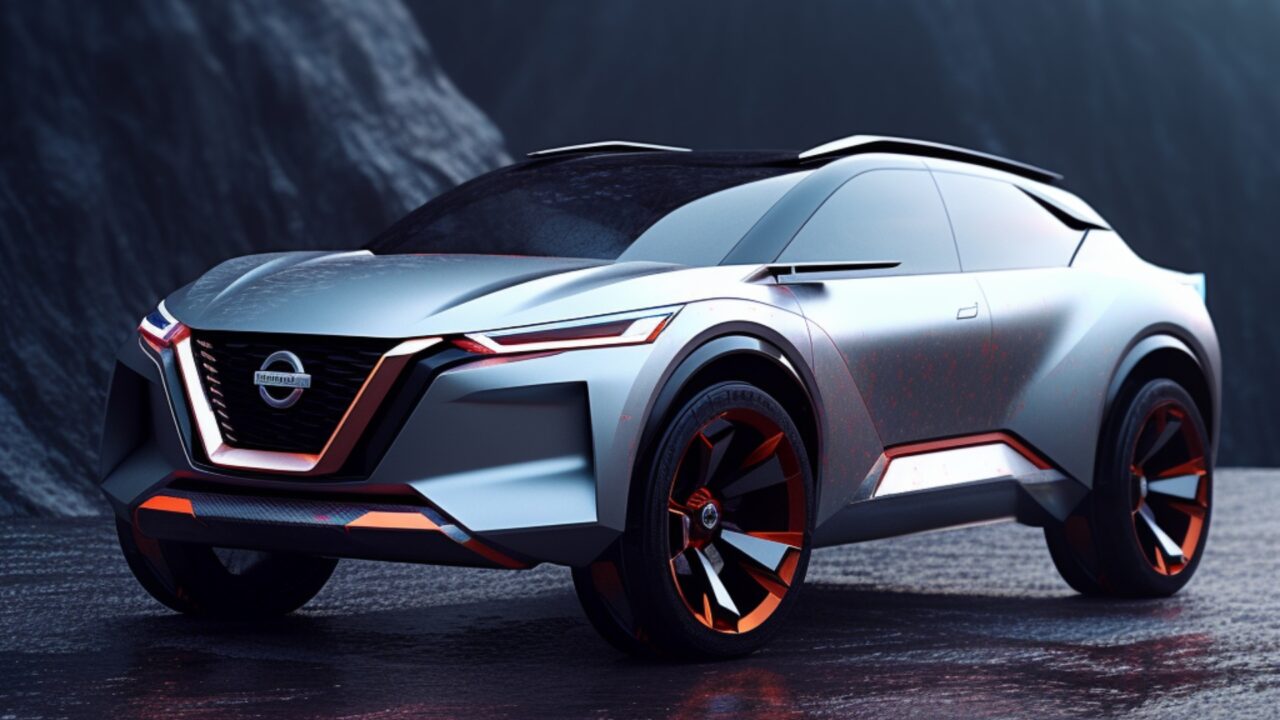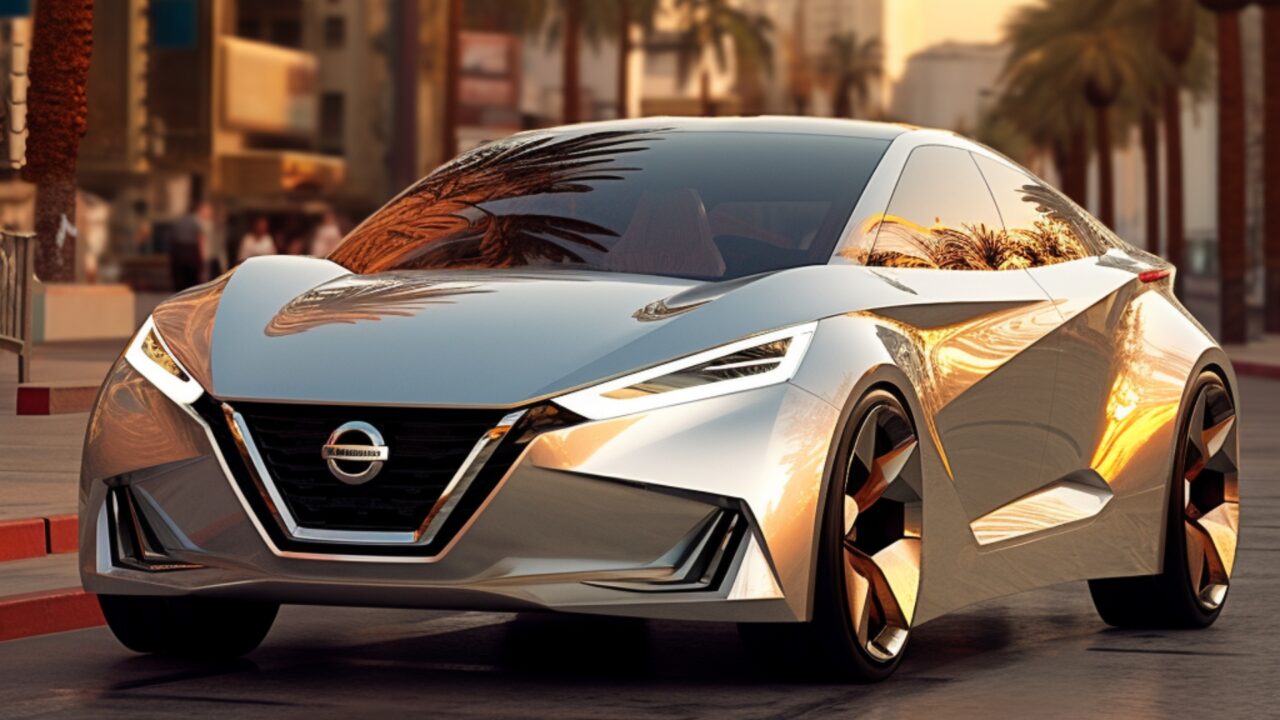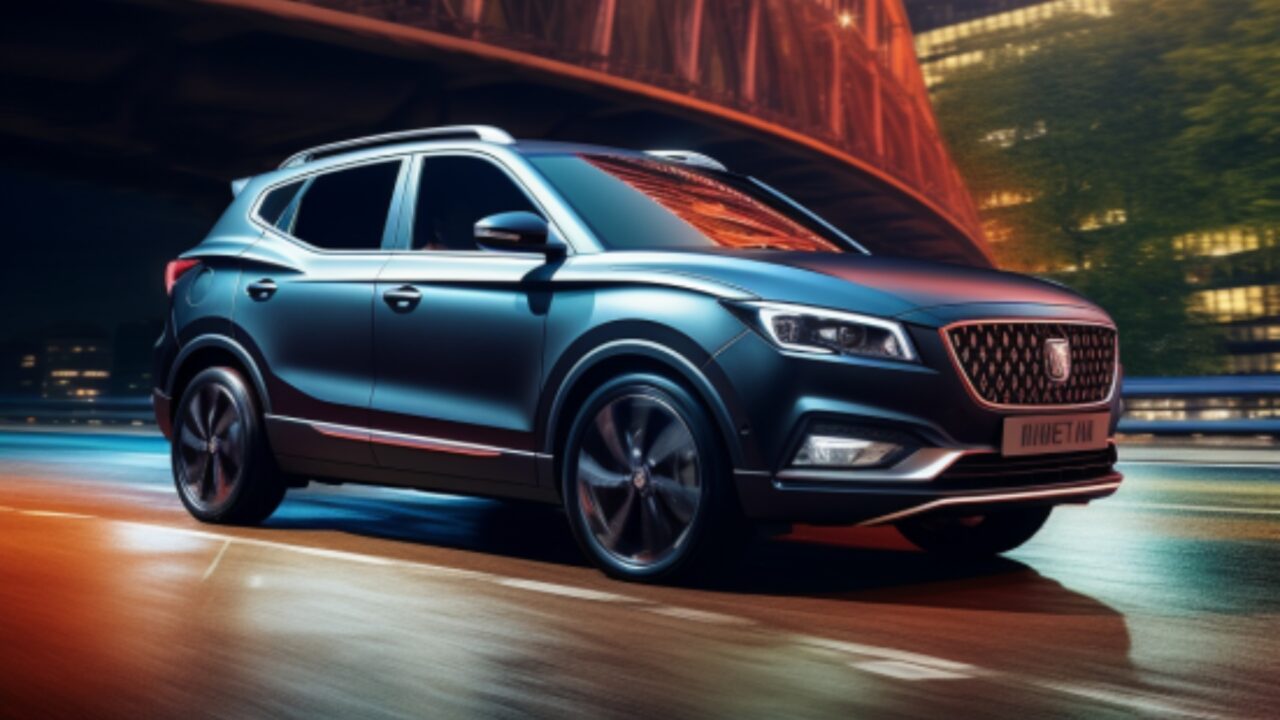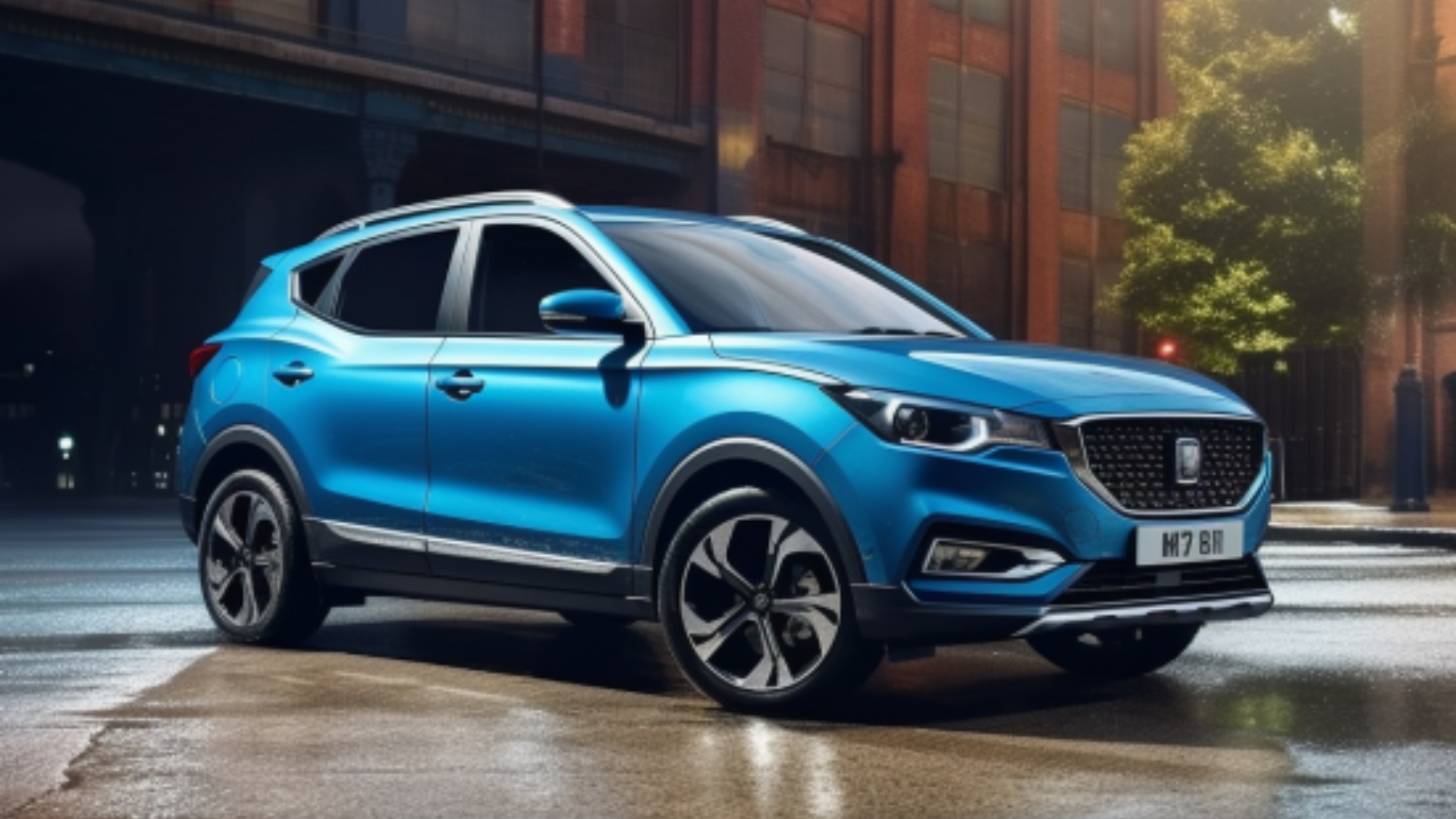Navigate the latest twists and turns in the UK’s electric vehicle roadmap with CheapElectricCars. Uncover the implications of the changed 2035 deadline.
Since the UK’s electric vehicle (EV) journey has been folded up and put back in the glovebox following Downing Street pushed back deadline. The ban on sales of new petrol and diesel cars being moved from 2030 to 2035 has seen more potential UK EV customers saying they will never change to electric vehicles.
Powering down the EV transition?
The change now means 22% of new cars sold in 2024 being of the zero-emission, with this percentage going up to 80% by 2030, and aiming for full-throttle by 2035. However, a few manufacturers have hinted that they’ll still reach the 100% mark before 2035.
Nissan’s bold charge ahead
One such manufacturer is Nissan. Despite the decision to delay, Nissan isn’t putting on the brakes. They’ve announced that all Nissans in Europe will be electric by 2030 regardless.
Nissan, with its solid UK footprint, already boasts a Sunderland production facility and an expanding battery gigafactory. Globally too, Nissan’s electric tally has surpassed a million, with a hefty third of those already zooming around on European roads.

EVs currently constitute 16% of Nissan’s European sales, a figure that’s predicted to skyrocket to a whopping 98% in just three years.
To fuel the excitement, Nissan has pulled the wraps off their ‘Concept 20-23’, a snazzy urban EV, celebrating two decades of their Nissan Design Europe studio in London’s bustling Paddington.
Under the global banner of ‘Nissan Ambition 2030’, the auto giant plans to roll out 27 electrified models, 19 of which will be EVs, by the end of this decade.
Additionally, an upcoming compact EV planned to replace the beloved Nissan Micra and another mystery model set to be birthed in Sunderland, are all part of Nissan’s ambitious £1bn EV36Zero initiative.
Ford’s not entirely chuffed, either. They’ve raised concerns about the 2030 goalpost shift, longing for some stability to plot their path have asked for clarity from the leadership both for manufacturers and consumers.
There’s no denying it, the automotive landscape has faced more bumps recently than a country lane after a harsh winter.
A nation divided on electric!
One might have imagined that a shift towards a more lenient 2035 deadline for the petrol and diesel ban would simply ease concerns. However, according to Auto Trader, the ripple effects of the government’s U-turn have caused some potential EV converts to do an emergency stop.
The announced delays made about 39% say they’d now hold off buying an EV until 2035. A further 37%, claimed they might never go electric at all.
The number of individuals stating they’d never entertain an EV purchase has virtually doubled since the policy shift. When the 2030 ban was announced, 21% of respondents gave EVs the cold shoulder. Now that has climbed to 37%.
Echoing these findings, eBay Motors Group’s study highlights that a mere 16% of buyers are now eyeing an EV. Moreover, those initially planning to snag an EV in the coming half-year, now show a whopping 40% of those are reconsidering.

The pushback to 2035, coupled with broader economic concerns, has cast an even longer shadow of uncertainty over the EV market.
Another intriguing poll by Regit dives deeper into motorists’ perceptions. Amongst the 4,000 respondents, a significant 59% remain sceptical about EVs’ touted ‘cleanliness’. Additionally, half of them advocate for prioritising investment in alternative fuels instead.
The cost to switch to EVs, in a cost-of-living crisis, is a luxury many can’t afford, especially without financial incentives and a proper infrastructure and 80% backed the government’s decision to delay the 2030 ban.
According to a more recent What Car? survey:
- 60.1% of UK drivers support the delay, with the main reason being concerns over the readiness of charging infrastructure.
- Other concerns were the high costs of electric cars and doubts over battery range.
- 14.5% simply expressed a preference for driving traditional vehicles.
- 29.5% had since purchased non-electric cars, with only 2.8% motivated to buy an electric vehicle because of it.
On the flip side:
- 22.3% oppose the delay, with the main reason being for environmental reasons as well as a dent in the UK’s reputation.
Manufacturers, having spent vast resources in their bit in advancing the EV switch, understandably, find this disconcerting.
Could this all change again though?
If the Government is to change at the next general election, the plan is to reinstate the 2030 ban.
The industry is keen on the 2030 target, as voiced by the likes of SMMT and UK vehicle producers. For used EVs, Labour suggest introducing a health certification scheme for batteries, mirroring a system used in Norway.

To bolster infrastructure, Labour intends to enforce binding Council targets for EV charging stations, a streamlined planning process and the swift implementation of the previously announced £950m ‘rapid charging fund’ for motorway charging. They also propose a £1.5bn co-funding package for UK gigafactories, as well as skills development and the creation of 80,000 new jobs in the EV sector.
Public sentiment has been tugged between enthusiasm and apprehension, influenced in part by policy shifts and broader economic trends. As some fold up the road map to a cleaner future and tuck it into their glovebox, we have to drive the sustainable, electric future for the UK and whether we reach that in 2035 or sooner, is still up to us.
